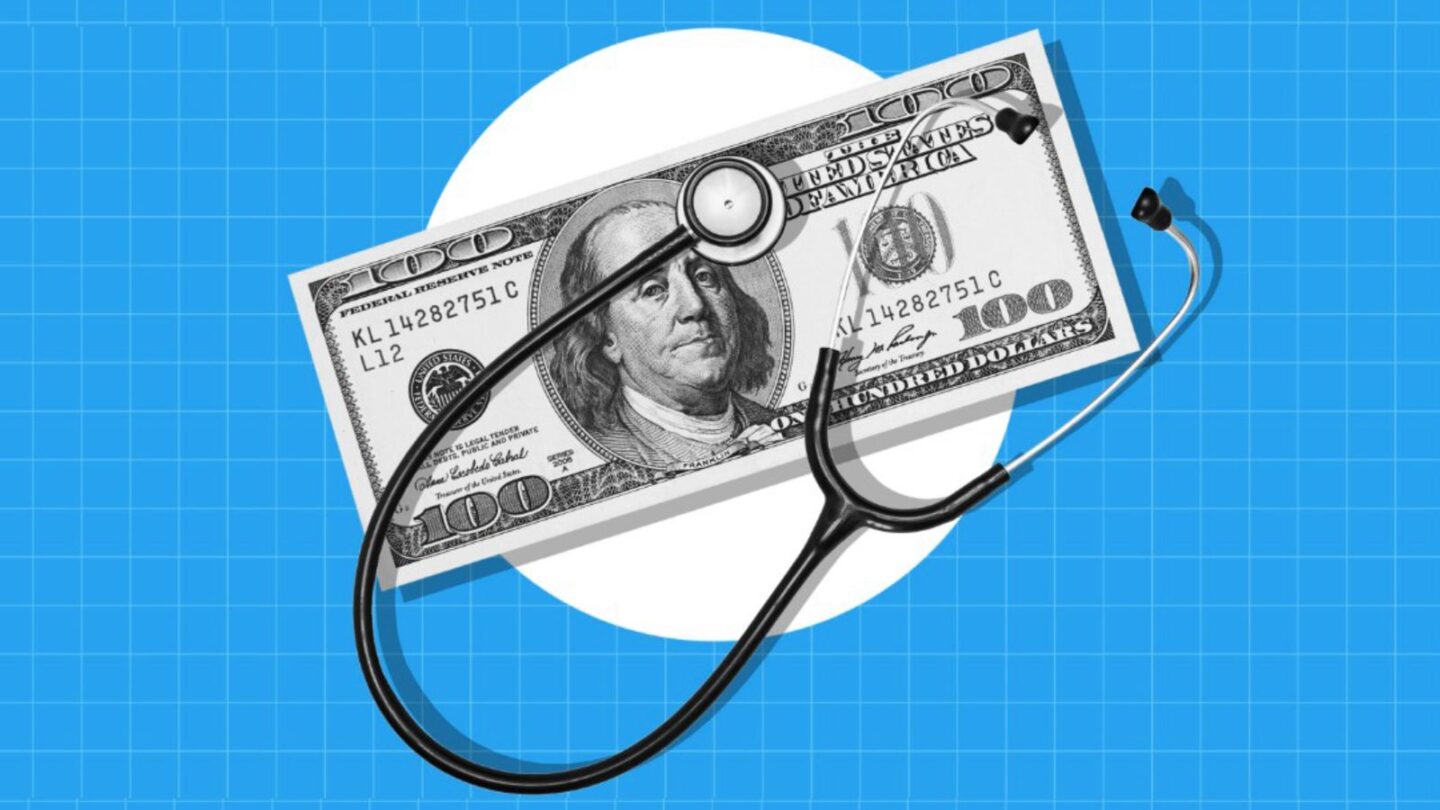Judge nixes a Biden rule in order to keep medical debt on credit reports

The rule
By Tami Luhby, CNN
(CNN) — Americans’ unpaid medical bills will remain on their credit reports after a federal judge last week annulled a Biden-era Consumer Financial Protection Bureau (CFPB) rule that would have removed such debt.
Judge Sean Jordan of the US District Court of Texas’ Eastern District found that the rule exceeded the bureau’s authority under the Fair Credit Reporting Act, agreeing with the arguments of two industry associations, which had filed a lawsuit against the rule that was later joined by the Trump administration.
The court found that “every major substantive provision of the Medical Debt Rule” exceeded the CFPB’s authority, Jordan, a President Donald Trump appointee, wrote in his opinion.
The rule, which the bureau finalized shortly before the Biden administration left office in January, would have removed an estimated $49 billion in medical bills from the credit reports of about 15 million people. It would have also banned lenders from using certain medical information in loan decisions.
The rule also would have prohibited lenders from using medical devices, such as wheelchairs or prosthetic limbs, as collateral for loans and barred them from repossessing the devices if patients were unable to repay the loans. However, lenders would have been able to continue to consider medical information in certain situations, including when a consumer requests a loan to pay health expenses or asks for a temporary postponement of loan payments for medical reasons.
Those with medical debt on their credit reports could have received a 20-point boost, on average, in their credit score, the bureau said when issuing the rule in January. Also, the rule was expected to lead to the approval of about 22,000 additional mortgages every year.
Medical debt on credit reports is not a good predictor of a person’s ability to pay other loans, the bureau’s research has found. Plus, health care bills often contain mistakes, which can lead to extended battles between patients, health insurers and medical providers.
Republican and industry pushback
Republican lawmakers voiced opposition to the rule soon after it was proposed last August. Several House Republicans wrote to Rohit Chopra, the bureau’s director at the time, to express their “serious concerns” that the proposed rule would “weaken the accuracy and completeness of consumer credit reports.” They argued that it would undermine underwriting processes, increase risk in the financial system and harm access to and the affordability of credit for consumers, particularly lower-income Americans.
The Consumer Data Industry Association, one of the plaintiffs in the case, applauded Jordan’s decision, saying the rule would have meant that “lenders would potentially have had an inaccurate and incomplete picture when making lending decisions.”
“America’s financial system is the best in the world because it is based on a full, fair and accurate credit reporting system,” Dan Smith, the association’s CEO, said in a statement. “Information about unpaid medical debts is an important element in assessing a consumer’s ability to pay. This is the right outcome for protecting the integrity of the system.
The judge affirmed that the CFPB does not have the ability to write law — that is the job of Congress, ACA International, which represents credit and collection professionals, said in a statement.
The association, which had also filed a lawsuit against the bureau’s rule, said the rule would have forced lenders to reduce access to credit and prompted health care providers to require upfront payments.
The-CNN-Wire
™ & © 2025 Cable News Network, Inc., a Warner Bros. Discovery Company. All rights reserved.



